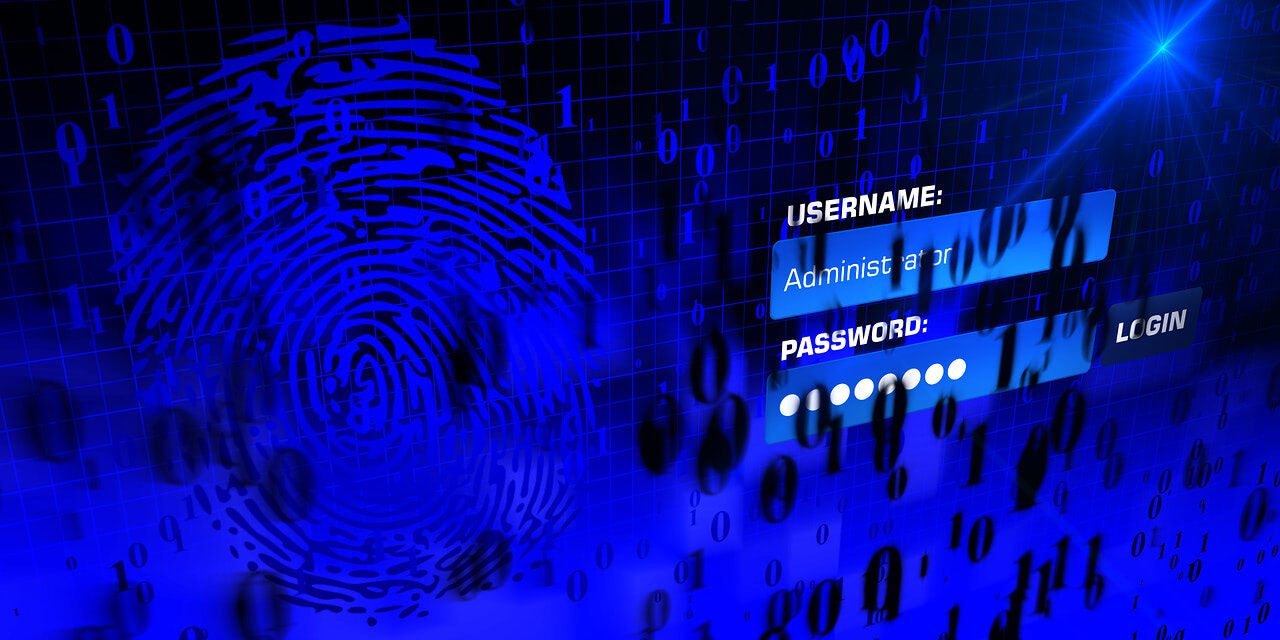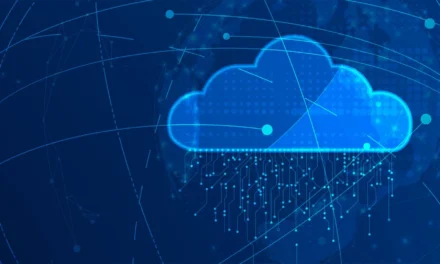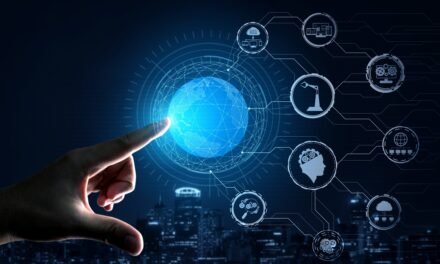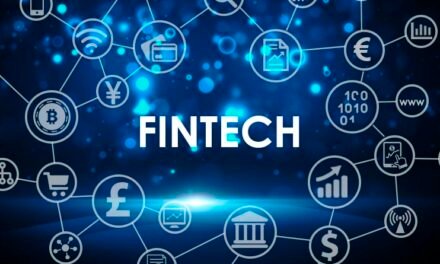Digital Sovereignty and Global Data Business
Can you imagine that your Government has the right to watch your web’s history, what you bought and where, how much coffee you drank in your last Nespresso machine connected to the Internet? Even more, can you aware that that Government has the ability to treat that information?
Well, that is happening right now. But it is not your Government who is doing it but some companies whose HQ are in the USA. That is the latest business niche, the global data.
When we talk about the global business of data, the first thing we have to keep in mind is that without our friendlycooperation it wouldn’t impossible. And even worst, maybe that is impossible to avoid. Every time we turn on our computer linked to the Internet, we take our smartphone or the tablet or we are driving our car (among other things) we are giving the companies a gift: our data.
We can find some examples of similar public activity. The Investigatory Powers Act of the United Kingdom is following the track for protecting the public interest. But that is not this case. The only reason to have and processing the data is trading and doing business. Of course the profit of the business is not shared with us.
John Chambers, CEO of CISCO said recently that “Our analysis indicates that there is as much as $14.4 trillion of potential economic “value at stake” for global private-sector businesses over the next decade, as a result of the emergence of the Internet of Everything”.
Artificial Intelligence is, at the same time, the next big issue in the protection of human rights for the next decades. You have in your mind that Artificial intelligence is the future. Maybe you think that Artificial intelligence is science fiction. But the reality is that Artificial intelligence is already part of our everyday lives.
Let´s pause a moment on what AI is able to do right now using the data that is on the cloud. Yes, I’m talking about every single bit of data that we send with our email, walking with our smartphone or reading this blog. Everything is uploaded to the cloud. Behind the sexy name of “cloud computing” we should think of “some dark bunker in Idaho or Utah.” And with cloud comes Artificial Intelligence.
AI can discriminate between sounds and images; is able to know the IP that your device is using to access to the internet. That is easy. The most important thing is that AI does deep learning. With deep learning, the machines “runs deep learning algorithms, simulating human intelligence, and acts as the brain of computers, robots and self-driving cars that can perceive and understand the world”, as Huang said.
The profits of that activity are incredibles. Just one fact: for Amazon the business about data is more important than its activity as seller in the United States. It obtain more profit. The data arrive to Utah or Idaho (where the servers stay) from everywhere in the world. The profits are increasing day by day, and the risks for us also.
It is the moment in history where the knowledge of the world population is so waste. Now more than ever that knowledge is concentrated in so few people. The risk of a real Big Brother is real.
Facebook, IBM, Google, Amazon or Apple obtain a lot of profits with data and they have so much information about us. It is strange how confident we are with these private companies… and so few we are with the State. It’s possible that you are thinking that they need a lot of money for developing its products and technologies. But at that price?
They are developing many technologies that are helping us. Right now, for example, Apple has a division studying the impact of glucose and how to obtain data to improve the life of diabetics. But, at the same time the behavior of those companies is not as kind as it should be. The deep knowledge of everyone of us coexists with the delocalization of activities and profits to save costs. What would happening if every single economic activity do the same.
Profits are increasing day by day. Facebook, for example. Your account give the stockholders a minimum of 3.62 $ per year. Now many universities have their cloud provided by Google, with storage, e-mail and other electronic tools for professors, staff and students … apparently for free. Every time we use the internet the information arrive to them who are obtaining profits, with our cooperation but without our conscience. The real problem is that no one of us is willing to return to the pre-smartphone’s era.
Nowadays there doesn’t exist a debate about the consequences for the population of that concentration of knowledge in those companies.
In Europe it is the European Court of Justice of the European Union that seems to be more worried about that issue. But it isn’t in the agenda. In the USA neither leaders of the Democrats as Elisabeth Warren or Bernie Sanders are focused on that concentration of information in the hands of a few num companies.
It is especially strange in the case of Senator Warren who fight against the bank and promoted the Consumer Financial Protection Bureau (CFPB). The problematic is similar. There is not a public debate about the problems and consequences for the population and even less a debate to open new ways to redefine the relationship. It is possible that the traditional good relations between democrats and Silicon Valley are an impediment to do it.
Even more, the state is promoting the development of that kind of activities, as we can see the so called Obama’s start-up.
Only in France things begin to be different. The first issue for the French Government is the link between AI and taxes. But they also talk about the earns that the producers of the data should have in order to share the profits. Right now a new concept is taking its first steps: digital sovereignty. It’s a very deep concept whose consequences come from taxes to human rights as the right to privacy or the secrets of communications, from national security to the governance. And is also a geopolitical issue that concerns many countries because most of the data are now in the USA, even if the production was everywhere in the world.
But right now the question is: Is it possible to do something about it? The concentration of power in so few companies reminds the problems that the United States had with ATT or Standard Oil. In both cases the solution was the same: the beakup of the companies, one in 1982 the second at the end of XIX century. It is a usual solution against monopoly and that can be useful face a oligopolistic situation.
The European Parliament suggested that solution against Google. For them, Google is too so it is necessary to divide the company in two: one for the searching activities and the other for the rest. Of course without any relationship between them.
Edward Snowden warned us about the abuse of the information by the American authorities, who are very naïve if they think that they can prevent another 9/11 by obtaining so much data about everyone in the world. Just remember the Boston Marathon.
But the problem is now deeper because of the use of the data by private companies for its own profit. The situation in America is so problematic that we can say, as Mozorov said: “My name is America and I’m a dataholic”.
From Europe we should be more concerned about that issue… but in the Internet era without cooperation there is not solution.




